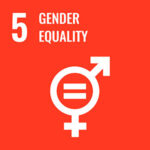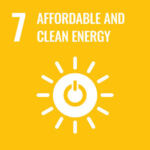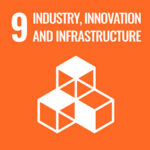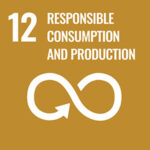Work in harmony
About SDGs.
what is SDGs.
What are the Sustainable Development Goals (SDGs)?

Yamagin's SDGs Declaration

5.
Gender Equality
We respect basic human rights, recognize individuality, and promote diversity. We will actively appoint female managers and leaders, with a particular focus on the advancement of women in society and opportunities for them to play an active role. We recognise and value unpaid care and domestic work. And we will promote shared responsibility within the household and the family.

7.
Ensure access to affordable, reliable, sustainable, and modern energy for all.
We aim to achieve zero waste and zero carbon dioxide emissions by constructing a system to collect used products made from ZERO-TEX®, a fabric developed in-house, and upcycle them into green hydrogen. The upcycled green hydrogen will be used to power cars, trucks, and buses, contributing to the creation of a clean and environmentally friendly community.

8.
Decent work and economic growth
We will promote the use of parental leave and nursing care leave, reform work styles, and improve the working environment, including the use of disinfectants and frequent ventilation. We will prepare flexible employment arrangements, respecting the way workers want to work.

9.
Build resilient infrastructure, promote sustainable industrialization, and foster innovation.
We will launch BIOTECH WORKS, a platform developed by our company that will enable the recycling of fabrics, and create a foundation for technological innovation that fuses industry and IT, where fabrics + tech = upcycling.

12.
Responsible consumption and production
The apparel industry faces many problems in the production process, including water pollution, environmental pollution such as carbon dioxide emissions, and the incineration of inventory due to overproduction. We have developed BIOTECH WORKS, an upcycling system, to improve the responsibility of both the producer and the user.